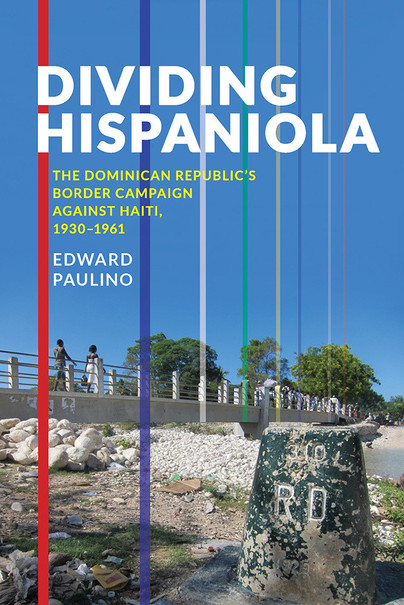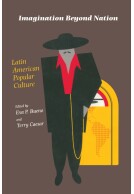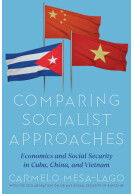Google Books previews are unavailable because you have chosen to turn off third party cookies for enhanced content. Visit our cookies page to review your cookie settings.
Dividing Hispaniola (Paperback)
The Dominican Republic's Border Campaign against Haiti, 1930-1961
Imprint: University of Pittsburgh Press
Series: Pitt Latin American Series
Pages: 304
ISBN: 9780822963790
Published: 25th January 2016
Script Academic & Professional
Series: Pitt Latin American Series
Pages: 304
ISBN: 9780822963790
Published: 25th January 2016
Script Academic & Professional
You'll be £45.00 closer to your next £10.00 credit when you purchase Dividing Hispaniola. What's this?
+£4.99 UK Delivery or free UK delivery if order is over £40
(click here for international delivery rates)
Order within the next 8 hours, 48 minutes to get your order processed the next working day!
Need a currency converter? Check XE.com for live rates
(click here for international delivery rates)
Order within the next 8 hours, 48 minutes to get your order processed the next working day!
Need a currency converter? Check XE.com for live rates
The island of Hispaniola is split by a border that divides the Dominican Republic and Haiti. This border has been historically contested and largely porous. Dividing Hispaniola is a study of Dominican dictator Rafael Trujillo's scheme, during the mid-twentieth century, to create and reinforce a buffer zone on this border through the establishment of state institutions and an ideological campaign against what was considered an encroaching black, inferior, and bellicose Haitian state. The success of this program relied on convincing Dominicans that regardless of their actual color, whiteness was synonymous with Dominican cultural identity. Paulino examines the campaign against Haiti as the construct of a fractured urban intellectual minority, bolstered by international politics and U.S. imperialism. This minority included a diverse set of individuals and institutions that employed anti-Haitian rhetoric for their own benefit (i.e., sugar manufacturers and border officials.) Yet, in reality, these same actors had no interest in establishing an impermeable border. Paulino further demonstrates that Dominican attitudes of admiration and solidarity toward Haitians as well as extensive intermixture around the border region were commonplace. In sum his study argues against the notion that anti-Haitianism was part of a persistent and innate Dominican ethos.
Other titles in the series...
Other titles in University of Pittsburgh Press...





















